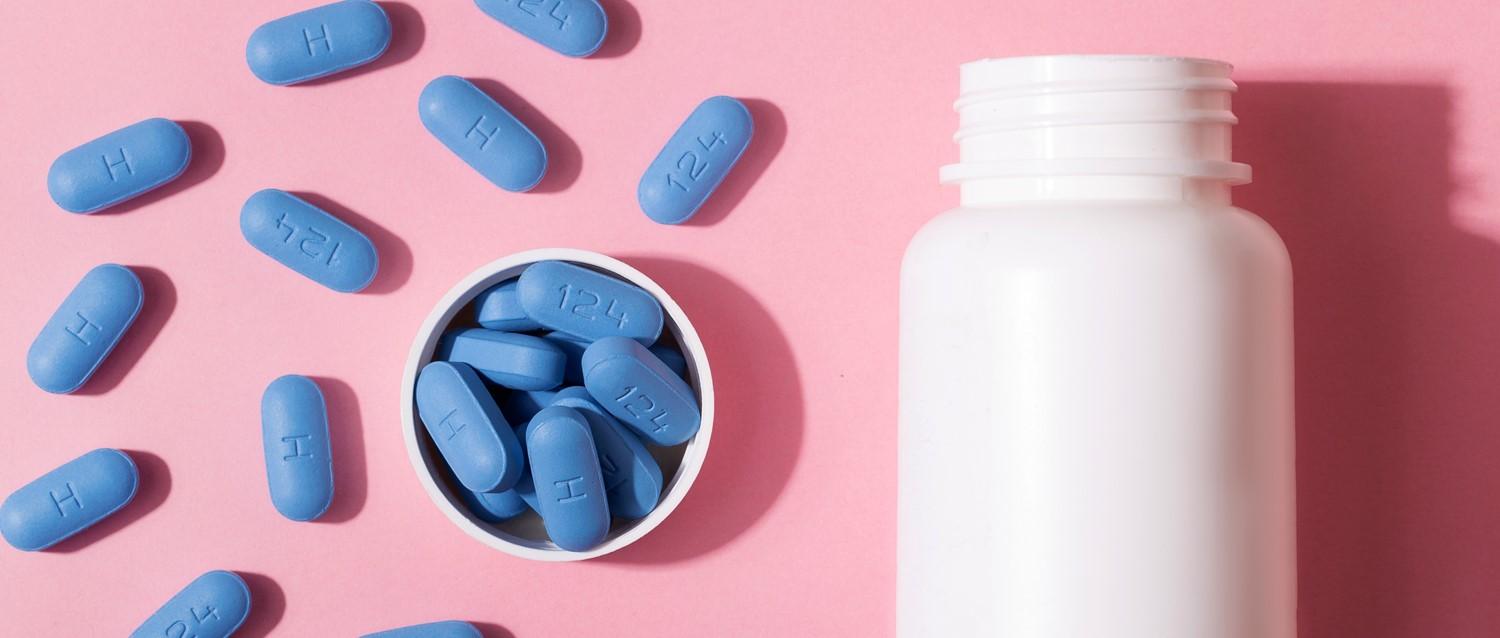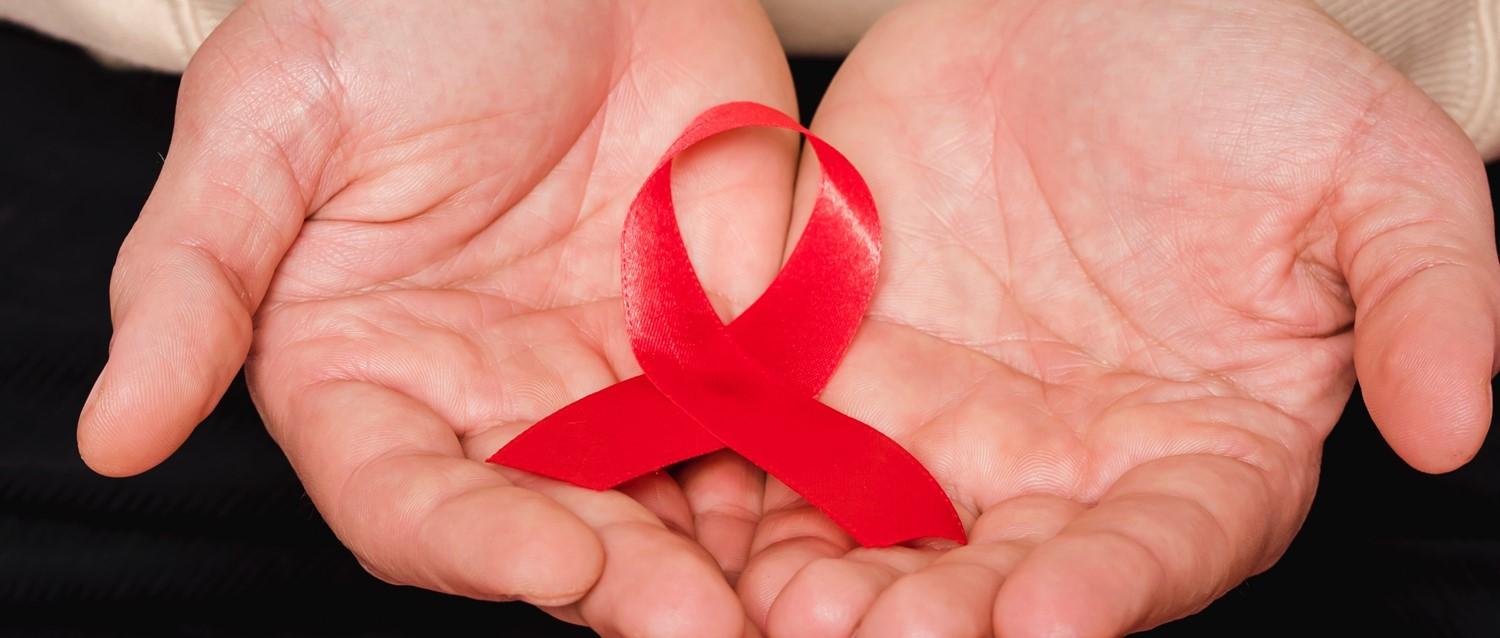
Who should take the HIV prevention drug PrEP?
Peer reviewed by Dr Krishna Vakharia, MRCGPAuthored by Lydia SmithOriginally published 13 Jan 2023
Meets Patient’s editorial guidelines
- DownloadDownload
- Share
- Language
- Discussion
Pre-exposure prophylaxis (PrEP) is a medication to prevent the development of HIV. It's meant for people who don't have HIV, but have a high chance of developing the condition. But what is it, how does it work and who should have access to it?
In this article:
Continue reading below
What is PrEP and how does it prevent HIV?
PrEP is a medication that prevents HIV transmission. When taken as prescribed - usually a pill taken daily - it’s almost 100% effective. It works by helping the body to produce antibodies which prevent HIV from replicating inside the body. Essentially, the drug stops the virus from crossing into the healthy cells and reproducing.
While it's possible to take so-called 'events-based PrEP' - when you take it as and when needed - daily dosing is generally considered more reliable.
Different PrEP delivery methods such as injectables and implants are also being researched. In 2021, the World Health Organisation recommended a new option called the vaginal ring for women at substantial risk of HIV acquisition1.
Who should take PrEP?
Adam Freedman, senior policy and campaigns officer at the National AIDS Trust, says anyone who feels at risk of getting HIV could consider taking PrEP. It may be suitable for you if you are HIV negative or have sex in a variety of situations where condoms are not easily or always used.
"That said, there are higher rates of HIV among certain demographics, including gay and bisexual and other men who have sex with men, migrants, Black Africans, Black Caribbeans, and transgender people," he says. "Uptake of PrEP has been higher among white gay and bisexual men, which has led to a corresponding drop in new diagnoses," Freedman adds.
"However, uptake has been much lower among other groups. That’s why it’s so important to make PrEP more accessible for everyone who needs it."
Evidence from the UK PROUD study reported that PrEP reduced the risk of HIV infection by 86% for men who have sex with men2. In 2021, however, NICE recommended promoting PrEP to several higher-risk groups, including HIV negative men who have condomless sex with other men and HIV-negative heterosexual men and women having condomless sex with partners who are HIV positive. It also suggested promoting PrEP among HIV-negative trans women at elevated risk of developing HIV through condomless sex3.
Continue reading below
How to access PrEP
PrEP is available for free from sexual health clinics in England, Scotland, Wales and Northern Ireland.
"PrEP is available on the NHS, meaning everyone has the right to access it. If you want to start taking it, your first port of call should be your local sexual health clinic," says Freedman. "Lots of people choose to buy PrEP on the internet, which, while legal and typically safe, can be expensive. As we see it, no one should be forced to pay over-the-odds for a treatment which they’re legally entitled to receive from the NHS."
Why are people having problems accessing PrEP?
The UK Government pledged to end new cases of HIV infection by 2030, by scaling up HIV testing and increasing access to PrEP among at-risk communities. However, researchers have warned this ambition may be under threat because access to PrEP in England is far lower than it should be.
Of 1,120 people who tried to get an appointment to get PrEP between October 2021 and July 2022, around two-thirds (68%) encountered problems. More than one third (35%) waited 12 weeks to be seen, and 57% waited more than 12 weeks4. Long waiting times, lack of appointments, and a training shortfall are all part of the problem, made worse by the COVID-19 pandemic and funding cuts5.
If you need PrEP or would like more information about it, it’s important to go to your sexual health clinic without delay.
Continue reading below
Further reading
2. UK Proud study: Examining the impact on gay men of Pre-exposure Prophylaxis.
3. NICE: NICE recommends offering PrEP to people at high risk of HIV for first time.
4. BMJ: HIV: Two in three people have trouble getting PrEP, finds survey.
Patient picks for HIV and AIDS

Sexual health
Dispelling common myths about HIV and AIDS
Despite the progress that has been made in managing HIV, on this World AIDS day 2022, there are still pervasive misconceptions surrounding the virus and AIDS. It's really important that these harmful ideas be dismantled to encourage people to get tested and to ensure those who are HIV-positive can access quality care.
by Lawrence Higgins

Sexual health
Should HIV prevention pills be available on the NHS?
I don't know if you've noticed, but the NHS costs a lot. In 2015/2016, the NHS spent £14.4 billion on drugs alone, a rise of 8% on the previous year and 29% higher than 2010/2011. Of course, there are cost 'efficiencies' which need to be made, but sometimes we have to weigh up the long-term savings against the short-term costs.
by Dr Sarah Jarvis MBE, FRCGP
Continue reading below
Article history
The information on this page is peer reviewed by qualified clinicians.
13 Jan 2023 | Originally published
Authored by:
Lydia SmithPeer reviewed by
Dr Krishna Vakharia, MRCGP

Ask, share, connect.
Browse discussions, ask questions, and share experiences across hundreds of health topics.

Feeling unwell?
Assess your symptoms online for free
Sign up to the Patient newsletter
Your weekly dose of clear, trustworthy health advice - written to help you feel informed, confident and in control.
By subscribing you accept our Privacy Policy. You can unsubscribe at any time. We never sell your data.